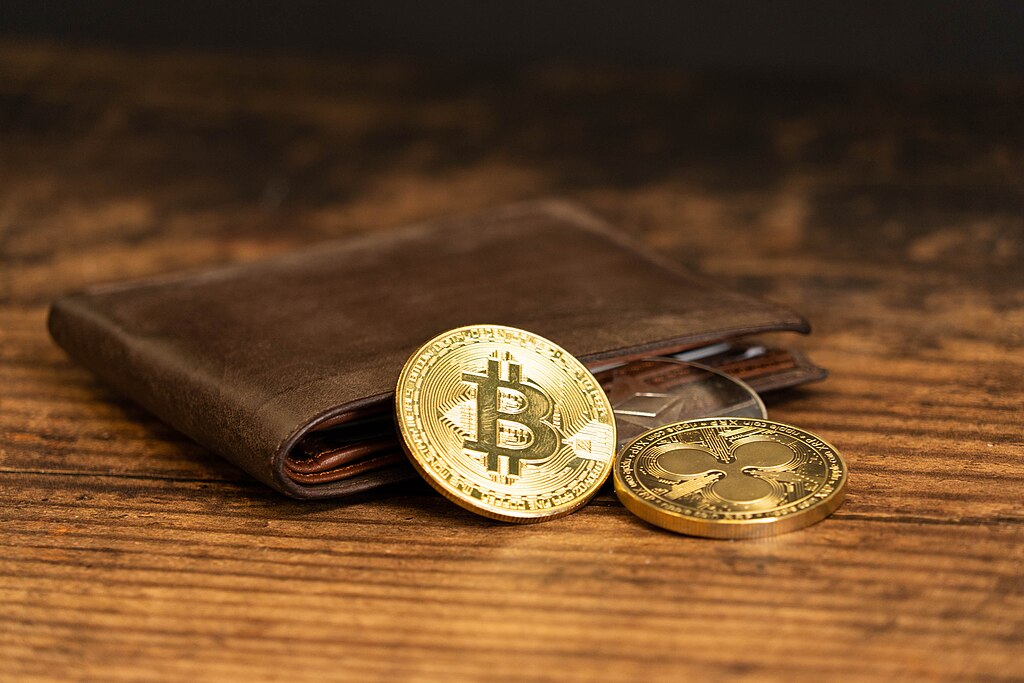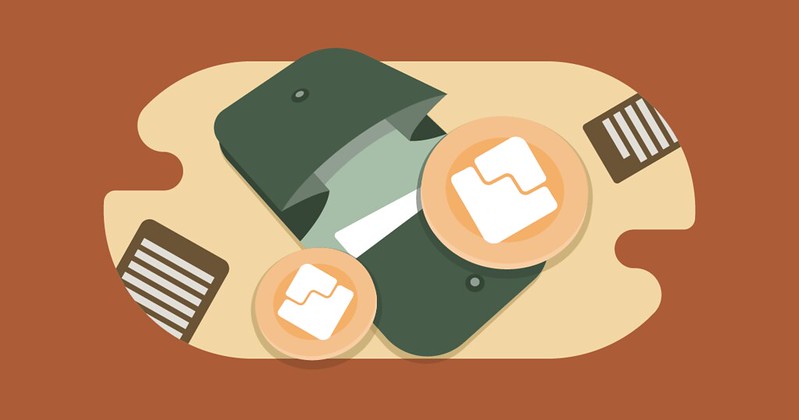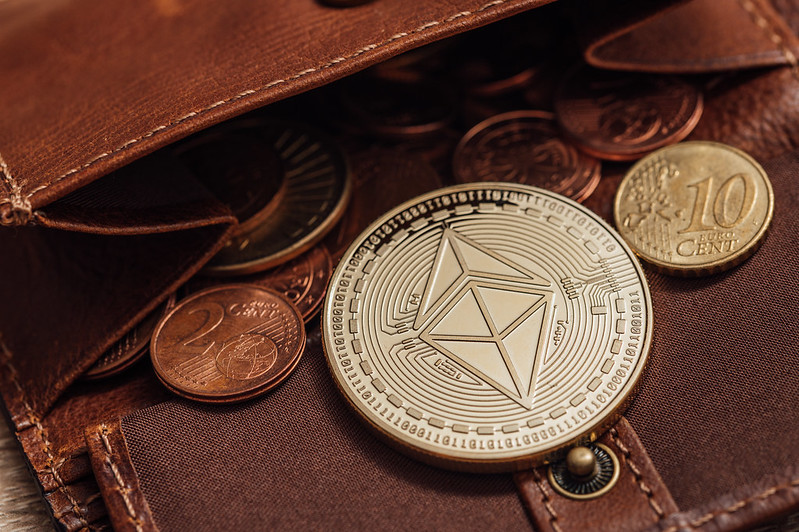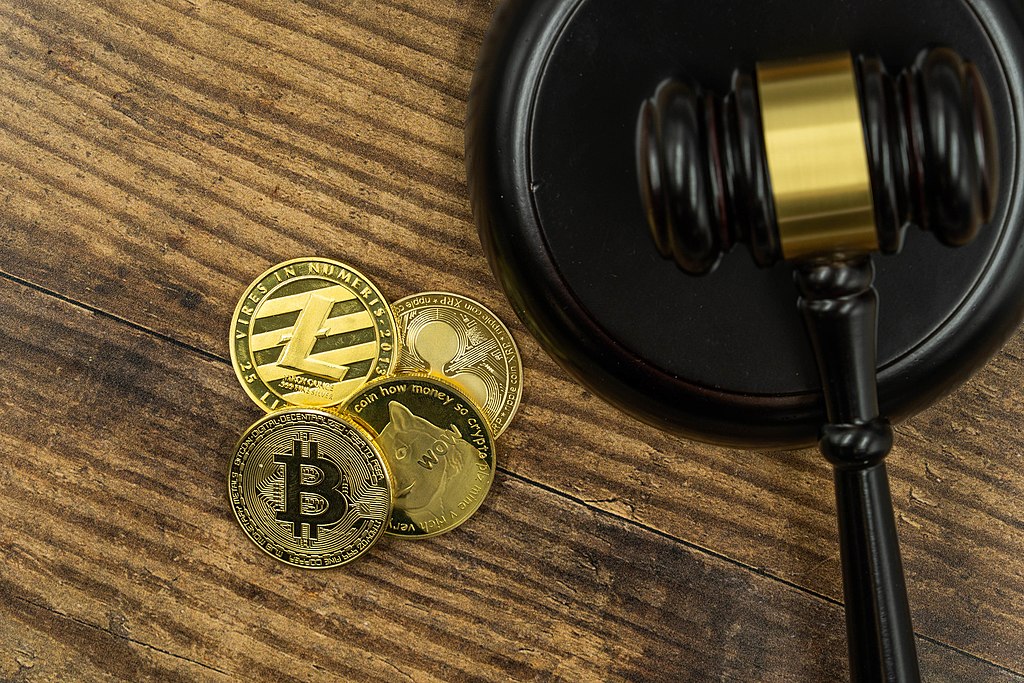Staying anonymous in today’s hyper-digital world is as easy as it is difficult. In the world of cryptocurrency, it’s all the more challenging, with KYC (Know Your Customer) norms in play.
As crypto adoption rises across the globe, quality crypto wallets have transformed into one of the most integral requirements for an investor. Like cryptocurrencies, wallets have also gone from simply being storage avenues for tokens to comprehensive ecosystems, complete with selling and buying capabilities. As with any other form of currency, privacy, and security are paramount when it involves handling digital funds.
This is where anonymous crypto wallets come into play. They basically offer investors a secure way to store their funds without worrying about leaving a digital footprint or compromising personal information. The overarching question is: should you use an anonymous wallet at all?
How Do Crypto Wallets Work?
Unlike regular cash wallets, crypto wallets do not technically store one’s cryptocurrency coins or tokens. Rather, they’re more like codes or keys used to access the individual’s crypto holdings on the blockchain. So, crypto wallets essentially store investors’ private keys, allowing them to store their cryptocurrency safely, while also keeping it accessible and close at hand. This allows them to receive and send currencies like Ethereum, Bitcoin, etc. Think of them as a ledger, like a digital version of a USB drive.
What Are Anonymous Crypto Wallets And Why Do You Need Them?
Anonymous cryptocurrency wallets allow users to trade and sell crypto using their wallets but without having to reveal any private information about themselves or any transactions that they make. Also known as stealth crypto wallets or dark crypto wallets, they employ advanced encryption technology that scrambles the transactions so no one can trace them back to the users. What’s more, they don’t store any personal information, which also makes it impossible for anyone to link the wallets back to the users.
Essentially, these wallets are designed to keep the transaction history and identity of the users hidden from prying eyes, hackers, and thieves, while still allowing them to transact crypto. Furthermore, these are also ideal for those users who want additional security and privacy when using cryptocurrencies.
In fact, some anonymous crypto wallets even offer VPN masking and IP address obfuscation support.
So, what makes anonymous crypto wallets such an attractive proposition? They allow for two very critical things: anonymous usage and the use of decentralized currency, which are the very two pillars the world of crypto was designed and built. They not only have more security and privacy than public blockchains but also make it extremely difficult and challenging to track transactions.
Moreover, anonymous crypto wallet users can also customize them based on their specific needs. Hence, they could even use one wallet exclusively for business, and yet register another one for personal spending. The best bit? They can be used on public blockchains, making them very easy and flexible to use.
Should You Use An Anonymous Crypto Wallet At All?
In March 2024, there was a flurry of activity on social media when the European Union (EU)’s new anti-money laundering laws put cash caps and bans on anonymous crypto payments beyond certain amounts. While the alarm and outcry focused on the fact that the laws were banning anonymous wallets, which in fact they were not, the laws sought to regulate these payments.
There is no doubt that the allure of these anonymous crypto wallets primarily lies in their privacy offerings, especially the absence of digital footprints. While this might sound far-reaching, it’s entirely believable that they’ll also particularly appeal to people in regions where financial transactions are controlled and monitored by the government. Moreover, these wallets could be lifelines for dissidents, journalists, and activists, allowing them to move funds without fear of any retaliation, financial or otherwise.
Even business entities dealing with sensitive transactions, especially NGOs operating in hostile environments or whistleblowing platforms, could greatly benefit from the strengthened privacy of these wallets.
That being said, the EU laws bring to the fore the basic yet critical challenge that lies with anonymous wallets. It’s the very perks making these wallets attractive that could also be exploited for unlawful activities such as tax evasion, dirty money laundering, terrorism, and the like. Regulatory bodies across the world, like the EU, are grappling with these overarching concerns surrounding crypto wallets. This is, of course, besides the threat of data breaches, ransomware attacks, and the like.
The solution? Striking a balance between the need for and right to privacy and preventing illegal activities. Anonymous crypto wallets are fascinating indeed, blending ethics, privacy, and technology in a layered solution that is as helpful and advantageous as it could potentially give rise to issues.
While they have immense potential for misuse, just like any other digital commodity and product in the market, it does make for a compelling solution for business entities and people who are looking to safeguard their financial privacy in a substantially surveilled world.
In case you missed:
- Phantom Wallet: The Fastest-Growing Crypto Wallet
- Let The Games Begin: All About Crypto Gaming
- Memecoins: Scheme-Coins Or Valuable Digital Assets
- The Life of Pi Network – FAQs and Everything Else You Want To Know
- Everything you need to know about Pi Network
- The Pi Network: IOUs, Coins, And The Network’s Future
- Bitcoin Halving: Everything You Want to Know
- Re-examining Cybersecurity through Blockchain
- How Blockchain Can Solve AI’s Trust Problem
- Enterprise Network Transformation: Benefits and Challenges















